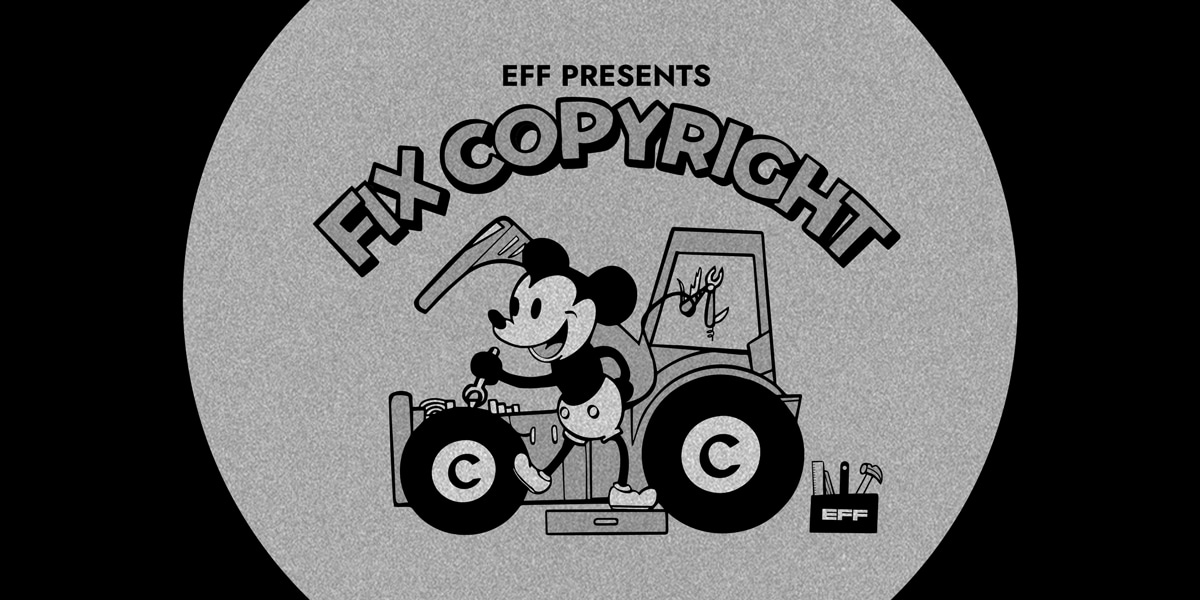Sure! Here’s the translation of your text into American English:
—
Jimmy Kimmel has recently captured media attention, but a lawsuit he is facing from former Congressman George Santos has gone unnoticed by the public. This situation highlights the limits of copyright law and the terms of service of various platforms.
The conflict arose when Kimmel and his team decided to explore the boundaries of Cameo, the app that allows users to request personalized messages from public figures. Anonymously, they made requests for Santos to say unusual phrases. The results of this experiment were compiled into a segment titled “Will Santos Say It?” which aired on his show.
Santos, unhappy with the dissemination of those clips, filed a lawsuit against Kimmel, ABC, and Disney, claiming copyright infringement and violations of Cameo’s terms of service. However, the lawsuit was dismissed twice: first by a district court and then by an appeals court.
Kimmel and Disney’s defense focused on the concept of fair use, an exception that allows for limited use of protected material without the need for permission. The court maintained that the use of the videos constituted broader commentary on Santos’s willingness to perform certain messages for money. Although Santos argued that the lack of disclosure invalidated fair use by considering it “deceptive,” the court concluded that there was no evidence this omission harmed the market for the former congressman’s Cameos.
This case serves as a reminder that the interpretation of fair use can benefit even large entities like Disney. However, uncertainty remains about how the same principle will be applied in different contexts, such as in a Hollywood movie review that uses clips.
Another critical aspect of the case pertains to Cameo’s terms of service, which state that the contract is between the customer and the platform, not between the customer and the video creator. Thus, the court determined that Santos couldn’t use those terms to base his lawsuit against Kimmel, highlighting how often complex legal texts favor free expression.
While it is criticized that these terms hinder fair use rights, the case illustrates that the law can also protect freedom of speech, even in contexts involving large corporations. The struggle for these rights seems destined to continue, regardless of who the beneficiaries are.
—
Let me know if you need anything else!
Referrer: MiMub in Spanish










